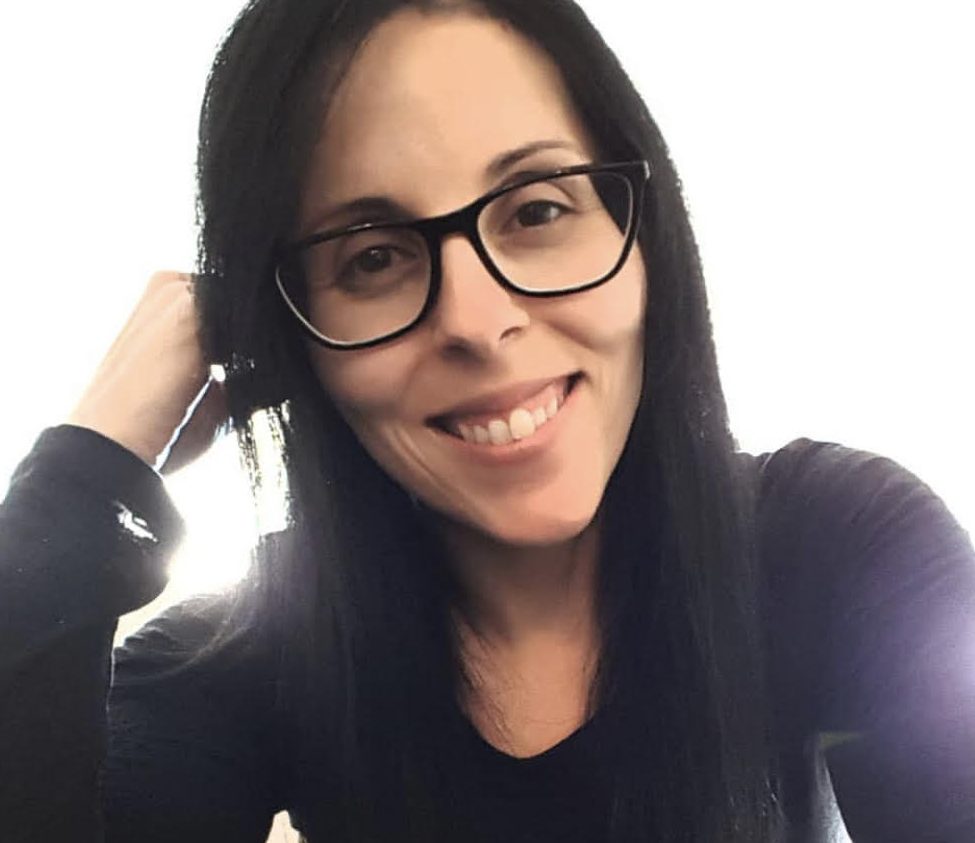A few days ago, I was charting at the nurses’ station on the floor I was working on, and the call bells were ringing endlessly. It was clearly one of those days and we all felt it. I made a conscious effort to look around and see the reactions of my busy colleagues. I vividly recall one of the most compassionate nurses I have ever worked with, sitting on a chair, with her forehead resting in the palm of her hands, looking completely and utterly exhausted. She did not even have the physical energy to answer one more call bell. Nor, did she really want to.
I thought to myself, “How did we get here?”
As you can imagine, healthcare professionals are one of the most at-risk populations for experiencing burnout. Healthcare is often regarded as a selfless profession, one in which we are continuously providing care and attention to others who have lost a piece of their independent identity due to illness or injury.
One of the most fundamental causes of burnout in healthcare is systemic in nature – lack of time, lack of staff, and a lack of finances that we feel are preventing us from providing care that is in alignment with our ethical and moral principles. We want to be able to provide the kind of care to patients that we would expect to receive for ourselves.
The reality though, is that systemic barriers have long been around. Since the onset of my career 12 years ago, lack of enough time, finances, and staffing has always been an issue. The more I tried to advocate for ethical patient care, the more resistance I encountered.
Whenever I felt challenged by the organizations and regulations surrounding my practice, I found myself questioning if the quality of healthcare delivery depended on its resources rather than on its patients’ needs. Perhaps I was naive, but I assumed working in healthcare meant that I would be working with others on their health and in a caring way.
After years of working in places that did not serve me fully and did not align with my personal and moral principles, I realized I could not change the greater system I was operating in. I realized that this was their house, not mine. I felt devalued by upper management, depersonalized around colleagues, untrusting, and uninspired.
But, then, something happened – the lowest point of my career forced me to recognize that I had just outgrown where I was and was now faced with a choice. I recognized that just because our values did not align, didn’t mean my values were wrong or did not have a place in healthcare at all.
So, I thought, I could either stay where I was and continue to fight for what I believed were high standards of care or I could choose my own well-being and take responsibility to pursue or create the opportunities I had longed to practice in.
That was exactly what I did. I made the decision to take a chance on a position that would be most in alignment with my personal and professional practices at the risk of less pay. I thought to myself, I would rather make less to enjoy my work and life more.
I do not believe there is a world where work-life balance purely exists for healthcare providers, but I believe in a fulfilling flow between the two and when your work stressors are spilling over and overtaking your personal life, you need to literally stop, reflect, and choose to change directions.
And, the direction you should begin to move towards is the one that chooses you.
This does not mean you have to up and leave your workplace, but it means to start diving deep into your own needs and taking responsibility for them. The smallest change towards your own happiness can eventually make what you once thought was your greatest obstacle, your next opportunity at fulfillment.


